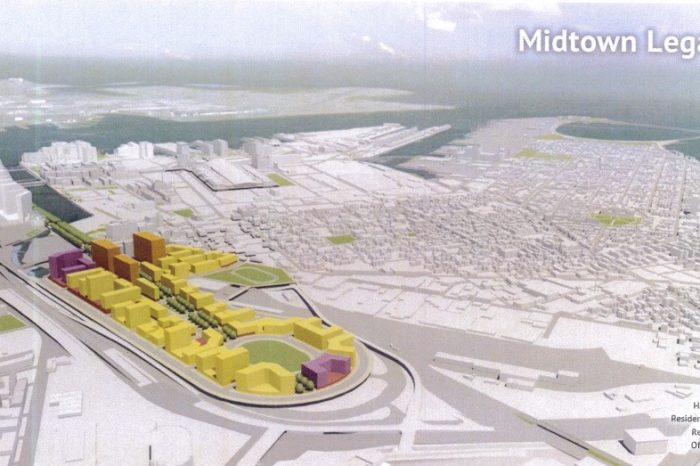After Losing the Olympics Bid, Boston Can Still Win
As the Olympic drama subsides following Mayor Walsh’s press conference decrying the USOC’s insistence on an immediate public funding guarantee, it is fair to conclude that the Olympics initiative has created valuable residual benefits for Boston and Massachusetts.
For months No Boston Olympics said that the construction and city-wide improvements involved in Boston 2024’s bid were possible without the impetus of a pending Olympic games. No Boston Olympics co-chair Chris Dempsey argued that “Boston should not have to depend on the Olympics as a catalyst to fix basic services.”
Dempsey is right that the undertaking of necessary infrastructure projects should not be contingent upon the fate of an Olympic bid, especially T maintenance. Improvements at the MBTA are long overdue, and after this winter virtually everybody agrees on the necessity of reforms. Absent the financial constraints and risks associated with the Olympic plan, state leaders must make good on their pledge to address MBTA capital needs. The new control board brings with it the hope that the MBTA can become a more cost efficient agency. The challenge of getting those projects designed and completed is one that Boston and Massachusetts must face regardless.
Some of the original ideas that Boston 2024 proposed as part of its plan, such as a massive 18-block development in and around Widett Circle and a 4,000 unit housing development at Columbia Point, survive the decision by USOC and deserve continued consideration.
The Olympics established an artificially compressed time frame during which projects would have to be completed, and provided impetus for focused attention and decision-making. In many respects, that compressed timeline, coupled with the complexity of a public/private multi-sided finance plan, made it impossible for Mayor Walsh and the City of Boston to make an informed decision about its potential financial liabilities under the IOC host city agreement.
Parts of the conceptual vision that arose from the proposal withstood the USOC’s decision to terminate Boston’s bid, enduring as a positive outcome. If the Olympic bid had never been undertaken, none of these ideas would be on the table today. Pioneer Institute consistently called for transparency, bona-fide fair competition, and an open public process in any post-Olympics urban development decision-making because the Boston 2024 proposal included many public interests. Is it possible for state government and the City of Boston to conduct a fair, prudent, and open process to develop a large tract of underutilized land in the state capital city? There is no question that it can be accomplished if state government, the Boston Redevelopment Authority, and the City of Boston do it right.
It is fair to conclude that Boston 2024’s initiative has resulted in a positive outcome for Boston.



